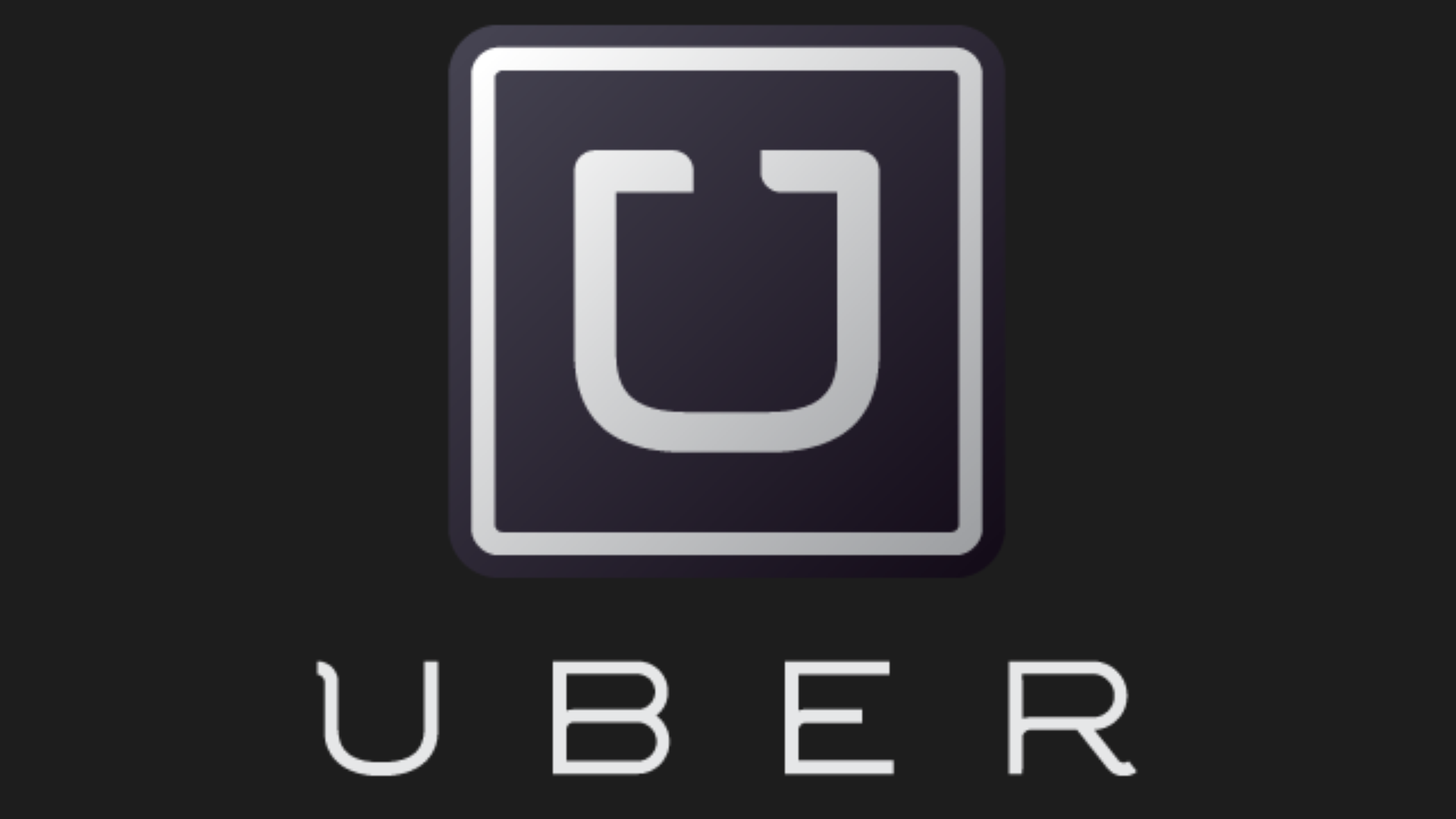Uber Dismisses Thousands of Customer Service Tickets Claiming “Rape” or “Sexual Assault”
Or, Why You Should Use Lyft Instead

Oh Uber, will you ever get it right? Yesterday, BuzzFeed News reported that they’d obtained screenshots of Uber’s Customer Service Ticket dashboard from a former customer service representative. The screenshots show the search results that come up for tickets when you type in the words “sexual assault” or “rape.” The tickets number in the thousands.
In one screenshot, a search query for “sexual assault” returns 6,160 Uber customer support tickets. A search for “rape” returns 5,827 individual tickets. Other variations of the terms yield similarly high returns: A search for “assaulted” shows 3,524 tickets, while “sexually assaulted” returns 382 results.
However, when BuzzFeed reached out to them for comment, Uber insisted that all but five of the results when searching the word “rape” are actual complaints of assault related to a trip (only!). When asked to share their methodology, they wouldn’t – but they did manage to cobble together a couple of loose theories as to why there’s such a huge discrepancy between the results and actual incidents:
These results are highly misleading because:
-
Riders routinely misspell “rate” (as in the fare) as “rape”, or use the word “rape” in another context. For example, “you raped my wallet”;
-
Any email address or rider/driver last name that contains the letters R, A, P, E consecutively (for example, Don Draper) are included. After analyzing the data, we found more than 11,000 rider names and 17,500 rider emails with the letters “rape”;
-
The results also showed tickets from passengers who got into cars not on the Uber platform, or who were discussing unsubstantiated media reports of sexual assaults.
Now, keep in mind that we’re just talking about accusations coming in through Uber’s official channels. This doesn’t even touch upon the other allegations women have made against Uber without filing complaints through their system. Jezebel alone has written about nine instances of sexual assault. So, while some of these results may indeed be the result of typos, there are also more than five complaints being made – and perhaps a large reason that women don’t report directly to Uber is because of the way their concerns are handled.
For example, after BuzzFeed got the screenshots, Uber started contacting customer service representatives who had searched the Zendesk database for these particular search terms, apparently hunting for the leaker. Not suspicious at all…
Here’s the thing: I don’t think the company is purposely fostering a rape-den. However, I do think that they don’t prioritize screening and caring for their drivers in a way that keeps customer safety in mind.
I live in Los Angeles and I don’t have a car. (I know! How do I live?) When I need to get somewhere, and don’t have access to my fiancee’s car, I use Lyft, which is another ride-sharing service. I started using them, because I have several female friends who drive for them and seem to love it. Being a Chatty Cathy, I often strike up conversations with drivers when I take my trips, and when I’ve noticed that they have both Lyft and Uber stickers in their window, a common question I ask both male and female drivers is, “What are the differences between working for the two services?”
One driver said that Lyft treats their employees better and provides more financial incentives. Lyft apparently makes it easier on drivers to make a living. I would imagine that happy drivers = happy riders.
Another driver told me that the requirements of drivers are different. Apparently, when a driver applies to drive at Uber, they put their emphasis on the condition of the car, making sure that the vehicle passes all sorts of tests and checks. Whereas Lyft puts the emphasis on the condition of the driver, making sure that the drivers pass all sorts of tests and checks before they’re allowed to drive for the service. Both are “safety measures,” but to me, one is clearly more important than the other. If a car breaks down, a competent driver can handle it. However, no amount of car maintenance is worth a damn if a driver is off their rocker and prone to assaulting people.
Lyft also has more female drivers than Uber does, and of the female drivers Uber does have, most started as Lyft drivers first. It just seems like a more female-friendly environment, both for drivers and passengers. In my personal experience, I’ve had a pretty even split between male and female drivers, and when I do have male drivers they’ve always been really respectful, polite, and friendly – many of them talking about their wives and kids.
I swear I’m not being paid to say this – this is strictly my personal opinion based on my experiences with Lyft – but it really surprises me that Uber has become so popular despite the bad press, whereas whenever I mention Lyft to people, they often don’t know what I’m talking about. Lyft is available in plenty of major cities, and I’d highly recommend downloading the app. There is an alternative to Uber – one that values women’s experiences and isn’t constantly associated with sexual assault.
—Please make note of The Mary Sue’s general comment policy.—
Do you follow The Mary Sue on Twitter, Facebook, Tumblr, Pinterest, & Google +?
Have a tip we should know? tips@themarysue.com